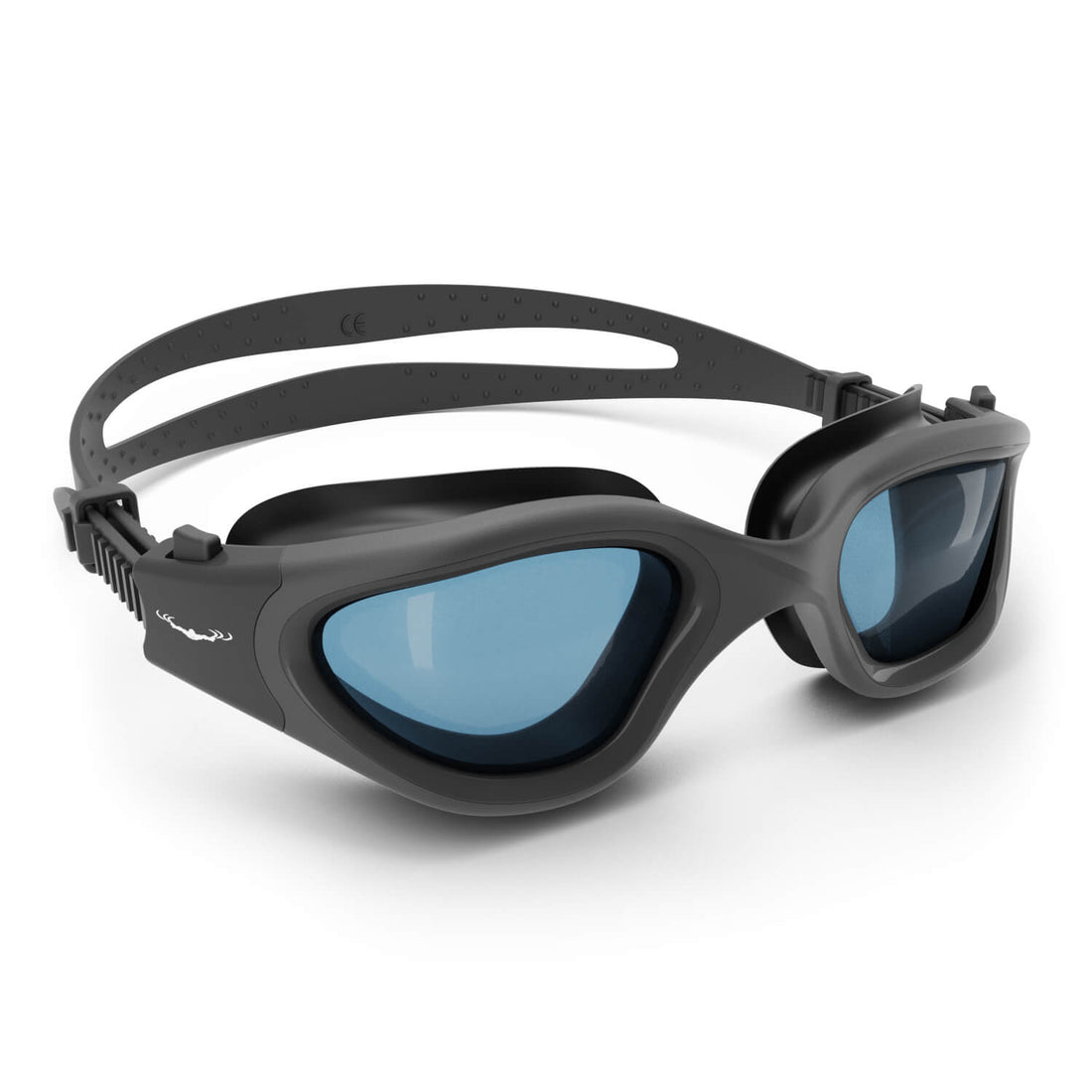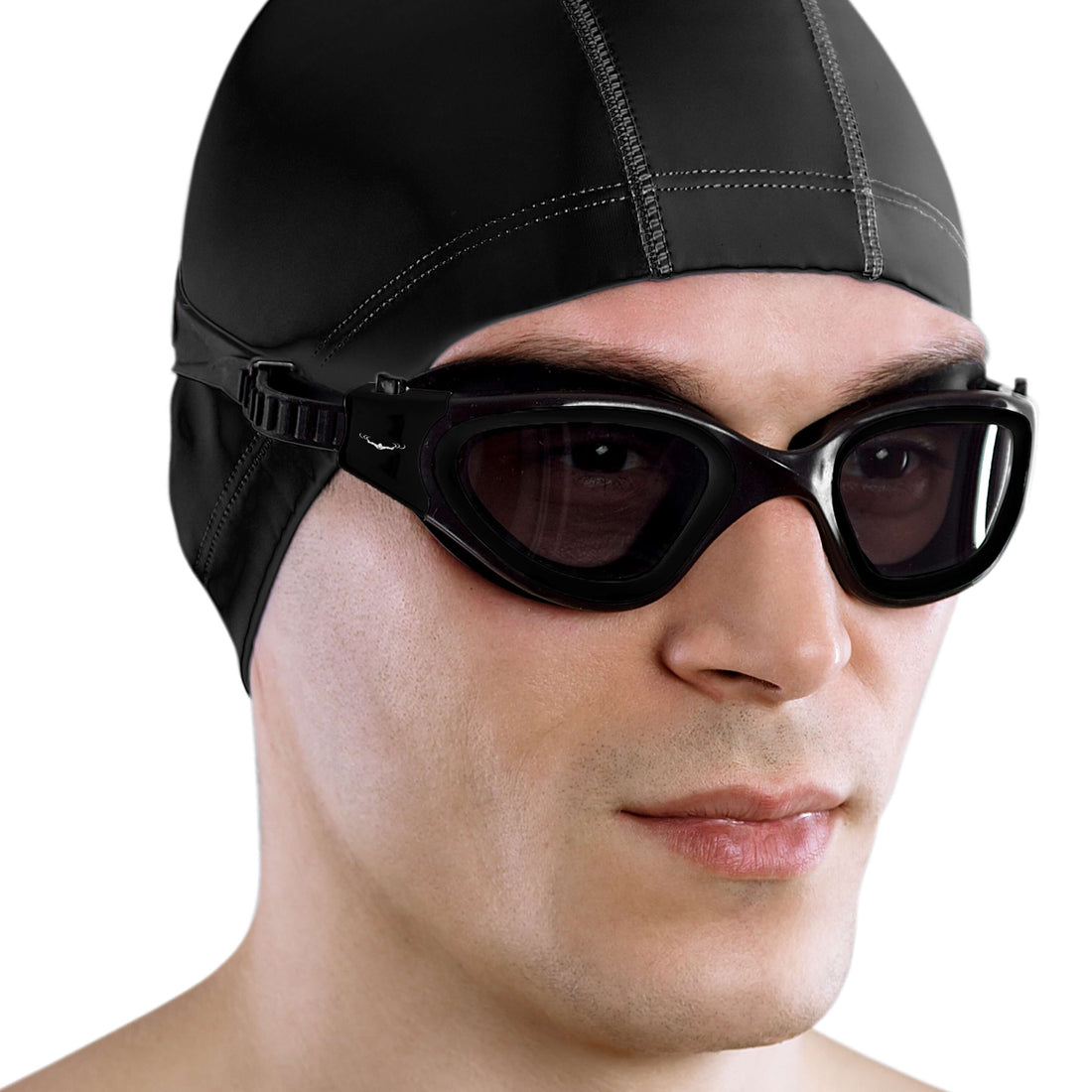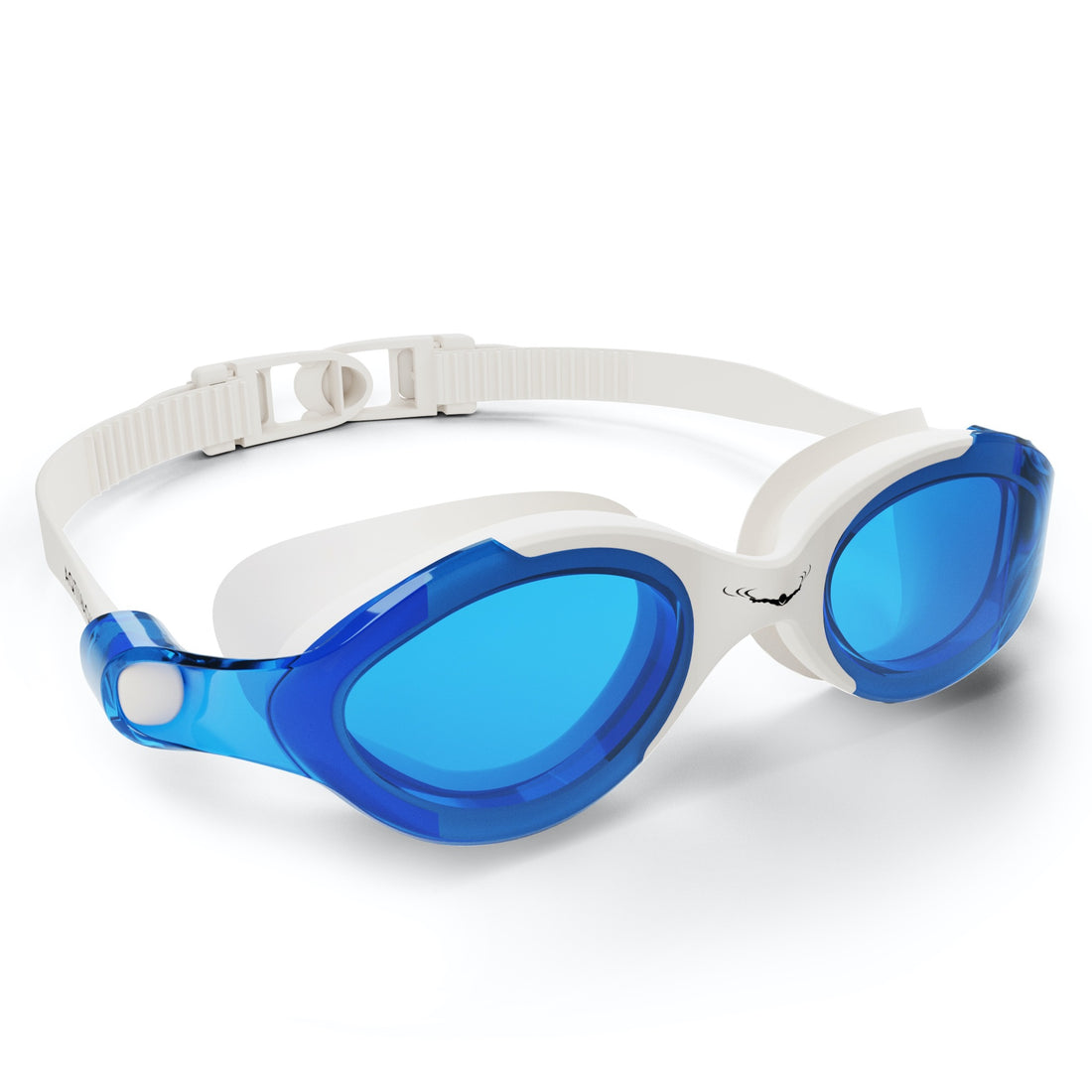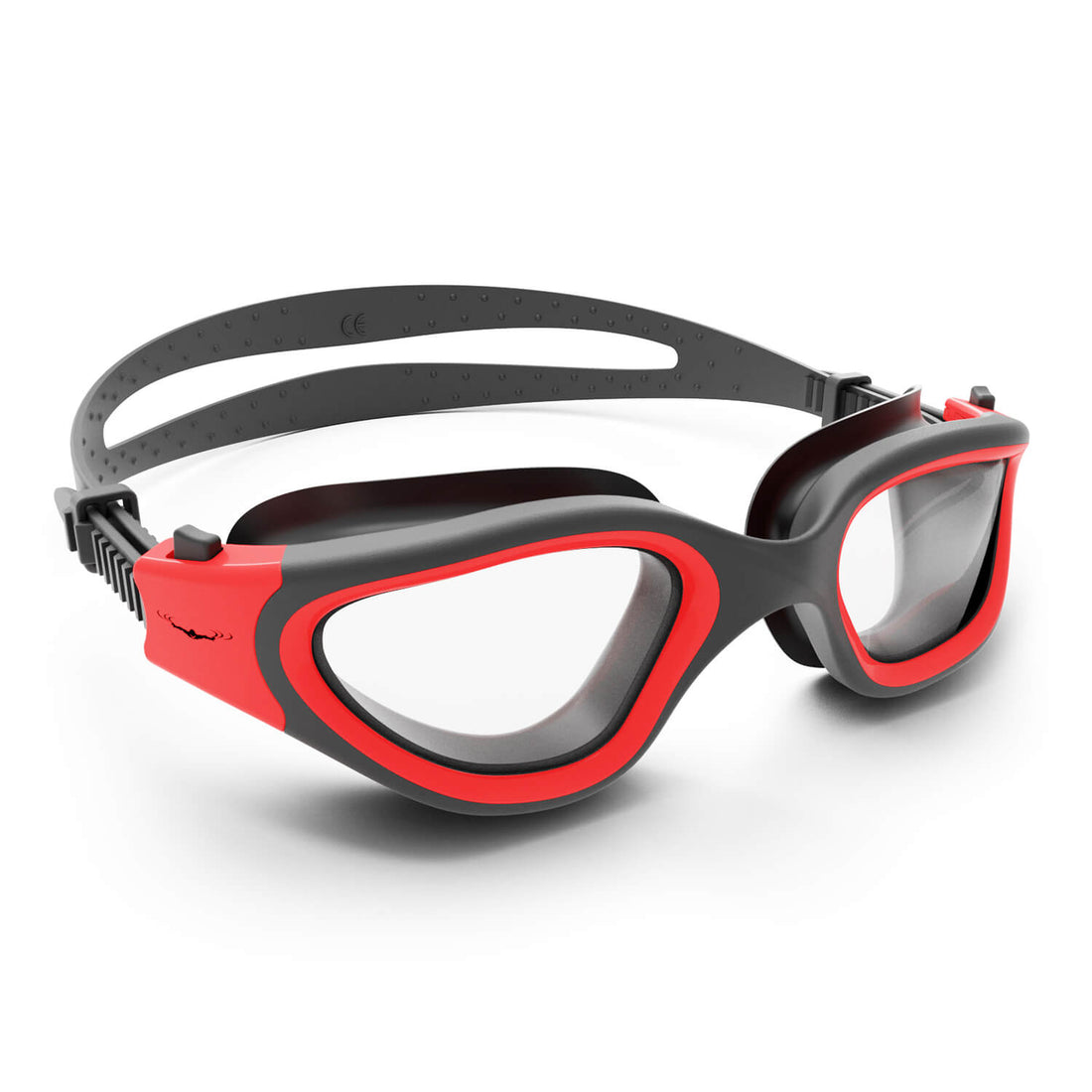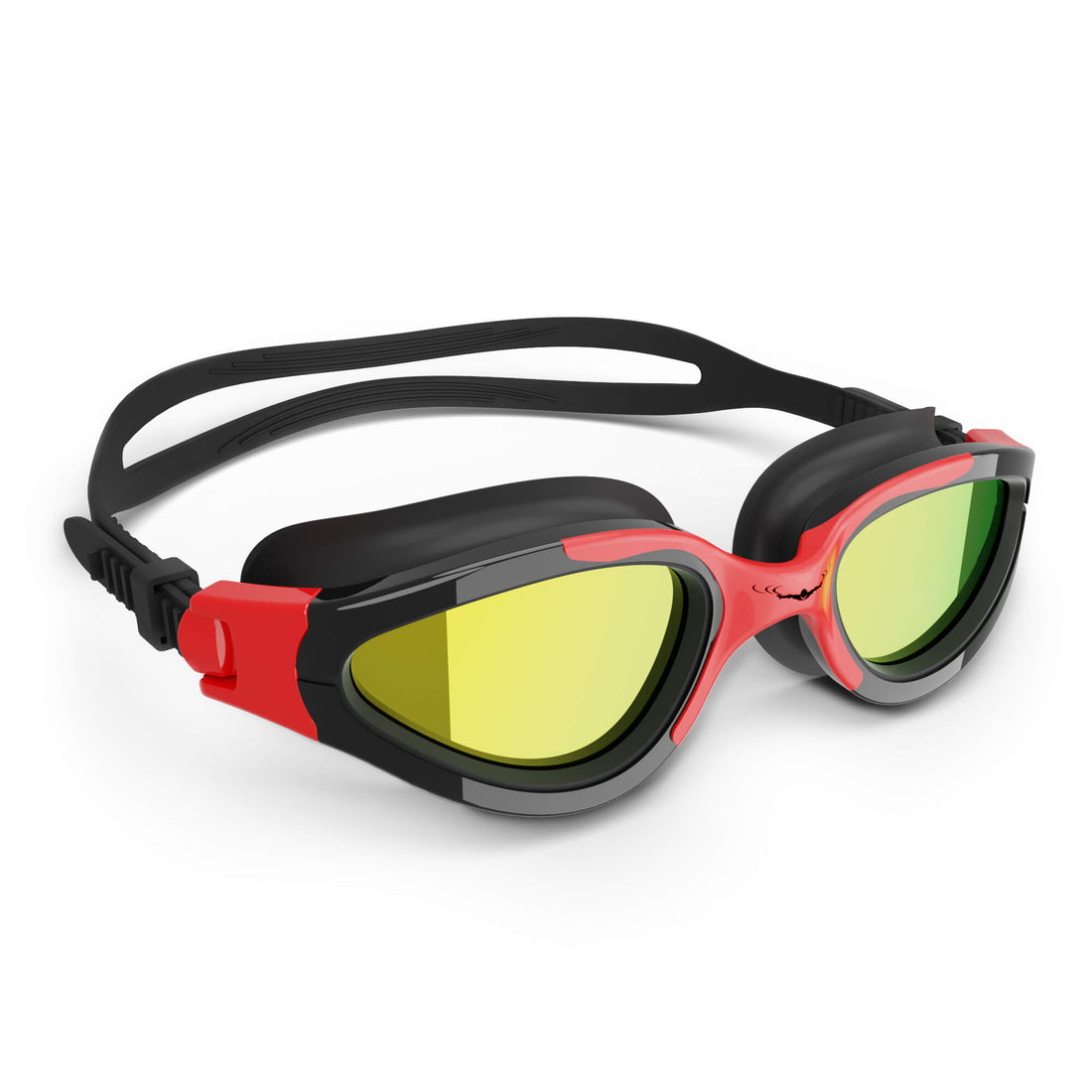Overview
Swimming pools offer relaxation but come with significant environmental impacts, including high water consumption, energy use, and chemical pollution. To minimize these effects, pool owners can adopt sustainable practices such as using pool covers, investing in energy-efficient equipment, and choosing eco-friendly chemicals. Innovative technologies and regular maintenance can further reduce water and energy waste. By making conscious choices, we can enjoy our pools while protecting the environment for future generations.
Frequently Asked Questions
1. What is the environmental impact of swimming pools?
2. How can I reduce water consumption in my pool?
3. What are some energy-efficient solutions for pool maintenance?
4. How do traditional pool chemicals affect local ecosystems?
5. What are some sustainable practices for pool owners?
Swimming pools are synonymous with relaxation and leisure, but there's no denying that they come with an environmental cost. As we embrace a culture of health and wellness, it’s essential to consider how our beloved pools impact the planet. This article delves into the multiple facets of the environmental impact of swimming pools, with a special focus on water consumption, energy use, and potential pollution. It’s time to make pools more sustainable, ensuring that we can enjoy them without compromising the Earth's well-being.
Water Consumption: A Ripple Effect
One of the most significant environmental concerns regarding swimming pools is the vast amount of water they consume. According to experts, an average residential pool can hold anywhere from 10,000 to 40,000 gallons of water. This substantial volume can greatly affect local water resources, especially in regions prone to drought.
Evaporation and Water Loss
Water evaporation is a significant factor in pool ownership that many may overlook. In hotter climates, evaporation can lead to a substantial loss of water—up to 1 inch per week or more. This not only affects the water supply but often requires pool owners to refill their pools regularly, leading to even greater water usage.
- Consider a pool cover: Using a pool cover when the pool is not in use can reduce evaporation rates by up to 90%.
- Regular maintenance: Keeping the pool clean and well-maintained diminishes water loss due to scrubbing and filtering.
Energy Consumption: Powering Up Pools
Maintaining a comfortable swimming temperature and keeping the water clean requires energy, leading to another layer of environmental impact. From heaters to pumps, the power consumption associated with swimming pools can skyrocket, especially in larger residential or commercial setups.
Efficient Pool Equipment
One of the best ways to reduce energy consumption is to invest in energy-efficient pool equipment. High-efficiency pumps, heaters, and filters can significantly lower electricity usage. In addition to reducing environmental impact, these upgrades can often lead to savings on utility bills:
- Variable-speed pumps: These are more efficient than traditional pumps, using significantly less energy.
- Solar heaters: Using renewable energy is a great way to minimize environmental cost and heat your pool efficiently.
Pesticides and Chemicals: Clean but Contaminating
To keep pools clean and safe for swimmers, many pool owners resort to chemical treatments. While necessary for hygiene, chemicals like chlorine pose a threat to local ecosystems when they leach into groundwater or run off into surrounding areas.
Choosing Eco-Friendly Alternatives
Instead of conventional chemicals, consider eco-friendly alternatives that can maintain pool health without compromising the environment:
- Natural enzymes: These can help break down organic material without harming aquatic life.
- Saltwater systems: These pools use a salt-cell generator to create chlorine naturally, reducing the need for store-bought chemicals.
The Ecosystem: Fish and Wildlife Threats
The use of traditional pools can also pose threats to local wildlife. Pools can attract animals who mistake them for natural water sources. If chemicals contaminate the water, it can have adverse effects on creatures relying on these water sources.
Creating Safe Habitats
To mitigate the risk to local wildlife:
- Plant native vegetation around your pool to create a natural barrier and habitat for local species.
- Regularly test and treat your pool’s water to ensure it won't harm visiting wildlife.
Swimming Pools and Carbon Footprint
Another lens through which to view the environmental impact of swimming pools is their overall carbon footprint. From the initial build to ongoing maintenance, pools may contribute to greenhouse gas emissions, especially if fossil fuels are used for heating and power.
Eco-Conscious Building Practices
When constructing or renovating a pool, consider eco-conscious building practices:
- Choose sustainable materials such as recycled tiles or natural stones.
- Design the pool to take advantage of natural sunlight to warm the water.
Innovative Solutions for a Greener Pool Experience
Fortunately, technology offers innovative solutions for minimizing the ecological impact of swimming pools. One such advancement is smart pool technology, which helps optimize energy and water usage through automation and monitoring tools.
Smart Pool Management
Smart pool systems can help you track water usage, energy consumption, and even chemical levels. By using these technologies:
- Reduce water waste significantly with automated refilling systems.
- Minimize energy usage by scheduling heating and filtration efficiently.
Sustainable Habits for Pool Owners
Changes don’t have to be massive to make a difference. As a pool owner, adopting sustainable habits can contribute significantly to reducing your pool's environmental footprint:
Maintenance Tips for Sustainability
Regular and thoughtful maintenance not only prolongs the life of your pool but also lessens environmental impact:
- Check for leaks: Regularly inspect equipment and plumbing for leaks to prevent unnecessary water loss.
- Proper filtration backwashing: Only backwash when necessary to reduce water waste.
Incorporating Swim Ear Bands for Health and Environment
A fun aspect of pool ownership is enjoying the water, which often leads to swimming sessions that require protective gear like swim ear bands. These items help keep water out of the ear, preventing infections while promoting a safer swimming experience. While swim ear bands may seem like small accessories, they contribute to a larger conversation about how responsible swimming practices can lead to healthier aquatic environments.
Knowing When to Use Swim Ear Bands
Using swim ear bands can prevent discomfort and potential ear infections, a smart choice as you enjoy your pool. Ensuring that both safety and health are prioritized reflects a broader commitment to sustainable pool ownership.
Making Your Pool a Sustainable Oasis
Transitioning to environmentally friendly swimming practices requires commitment but is entirely achievable. By making small shifts in how we use and maintain our pools, we can lessen their impact on our planet while still enjoying relaxation and leisure time.
From employing eco-friendly products to being mindful of water and energy use, each action contributes to a more sustainable future. Whether you’re a dedicated swimmer or a casual pooluser, the choices you make can make a difference.
Enjoying Pools Responsibly
As the allure of swimming pools continues to grow, understanding their influence on the environment becomes increasingly critical. Taking responsible steps can lead to enjoyable, worry-free swims while ensuring that we protect our natural resources. This balance allows us to connect with nature while enjoying the assets it provides. Together, let’s dive into sustainable practices that ensure future generations can revel in the pleasures of swimming pools while respecting our planet.
Linked Product

Neoprene Swimming Headband - Swim Ear Band Protection Cover - Hair Guard - Keep Ear Plugs IN
The Neoprene Swimming Headband provides effective ear protection by securely holding earplugs in place to prevent water from entering the ear canal. Its quick-dry material keeps ears warm and helps manage hair during swimming, while the bright colors enhance visibility in various water environments. Available in multiple sizes, it caters to a wide range of users, ensuring a comfortable and secure fit for everyone.
View Product


